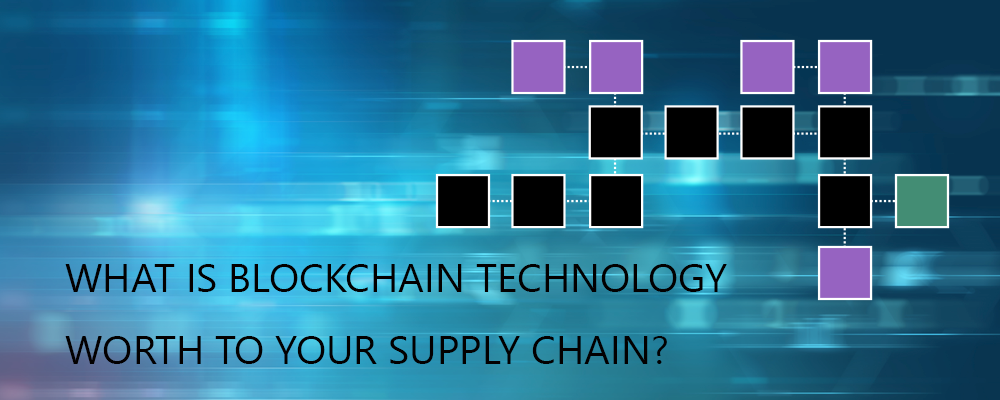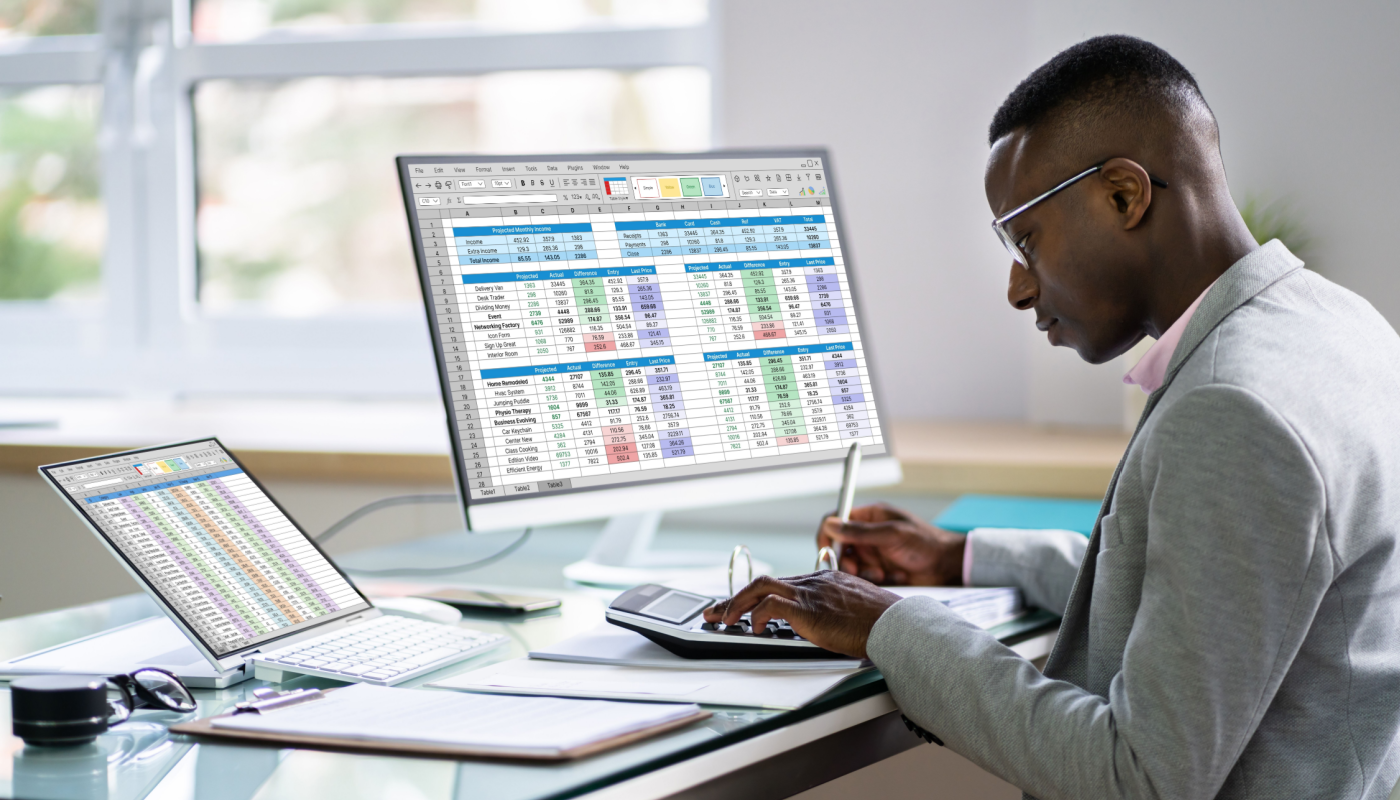With the advent of Bitcoin in 2009, cryptocurrency has taken the world by storm. The use of digital assets as an alternative to conventional currencies has garnered praise and recognition for its secure and speedy protocols. While the infrastructural flexibility of cryptocurrencies is yet to stand the test of time, blockchains, the underlying technology for cryptocurrencies is truly a revolutionary step in the field of technology. Companies such as the Swiss Stock Exchange, IBM, and Deloitte have already begun implementing blockchains into their technology to define transactions and improve security and transparency. Therefore, it’s only a matter of time before blockchain technology enters the field of supply chain.
How will blockchain affect the supply chain? Will it cause improvements?
Before we delve into these questions, I’ll first explain the concept of blockchain technology.
What is a blockchain?
A blockchain is a digital ledger in which transactions are recorded chronically and publicly. Each transactional record is stored as a ‘block’ of information, which forms a part of a growing chain of blocks, each with its own timestamp and a link to a previous block. 
The 2 main aspects of blockchain which makes it ideal to record transactions are:
1. Decentralized network:
With current ledger databases, there is always an administrative entity which handles the inflow, outflow, and storage of transactions. While this makes it easier for everyone involved, it also puts a lot of authority and accountability in the hands of a single entity which would be unwise when there are large amounts of critical data involved. Blockchains solve this issue by having a peer to peer network where anybody with the resources and programming acumen can collaborate to maintain and verify the blockchain at any point in time.
2. No single point of failure:
As mentioned above, the blockchain has all transactions maintained as part of the chain. Such a network makes it impossible to corrupt or alter a single block without causing changes to the rest of the blocks in the chain. This would mean that any issues created within a single block would be visible through the entire chain, making it easier to identify the problem at any time with lesser manpower. This provides an extra layer of security and error management.
This is the layman’s explanation of a blockchain. If you want to learn more, this should help you out:
How is Blockchain going to improve supply chain?
Now that we’ve got the explanations out of the way, let’s dive into the main topic: what can blockchain technology do for the supply chain?
It is a firm fact that any supply chain is defined and maintained based on transactional data. This data is distributed among various modules and surveyed by an immense number of professionals all over the world so it’s no surprise that accessibility issues and errors are frequent. Hopefully, Blockchain technology can bring a positive change to these issues in the following ways:
1. Supply Chain Transparency:
With blockchains decentralized network, all transactions are present in one chain. Through this functionality, it is possible for everyone involved in the process to have complete privileges to view all transactional data and ensure compliance at every level. This also makes it easier to track specific orders and help reduce operational inefficiencies. Blockchain technology will also produce detailed information about a product’s lifecycle such as supplier information and manufacturing details at a faster pace.
2. Improved Supply Chain Network Security:
The cryptography-based nature of blockchains makes it impossible for a single entity to control the data involved, making it nearly impossible to compromise the data without leaving signatures. For example, an employee that goes into the system to change any transaction will alter the coding of the event. However, the altered coding appears so differently that it would be practically impossible to not notice the change. This makes it easier to recognize fraud or inconsistencies almost immediately, further driving down costs from poor employee practices or even potential fraud attempts by customers. While it is true that blockchains are highly transparent to users, it is also possible to create permission blockchain, whereupon a digital ID would be required to access the blockchain at any time.
3. Supply Chain Data Error management:
It is quite common for any large-scale database to have inaccuracies and errors. These errors can be caused by calculations or by individuals. The issues arise when these errors must be identified and rectified, which usually takes a huge amount of time. With blockchains this could be a thing of the past. Since errors will be carried over from a single block to all other blocks in the chain, it is possible to identify the issue more efficiently with a finite paper trail involved.
4. Supply Chain Optimization and customer satisfaction:
Blockchain technology can be extended to frontend applications, whereupon even the customers can be part of the blockchain. Customers will be able to view their orders in real time from production to supply and track the performance of the supply chain. This would not only improve the entire process but also bolsters customer-client relationships and instills a sense of trust within the consumers. Feedback from clients and customers would also be in real time, which could be fed back into the supply chain engines through blockchains to improve the market forecast. The scalability of supply chain operations would improve scalability and be in sync with market trends, which would help a business grow in parallel.
[Read more: Perform a Supply Chain Management Assessment]
So there we have it, blockchains are the future and it’s only a matter of time before all industries start investing in the technology.
Do you agree? Are there any negatives of blockchain technology? Comment, share and as always, watch this space!






